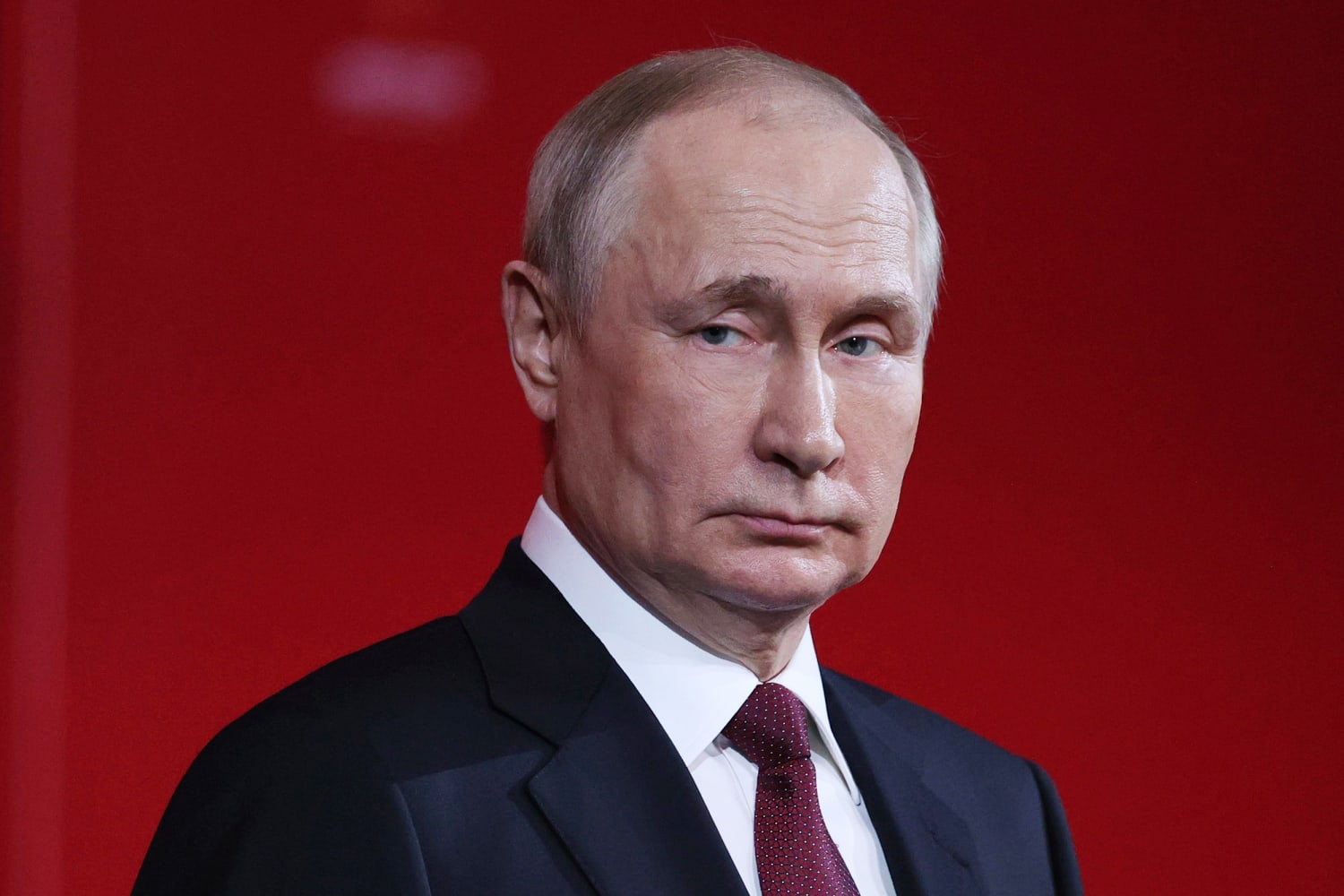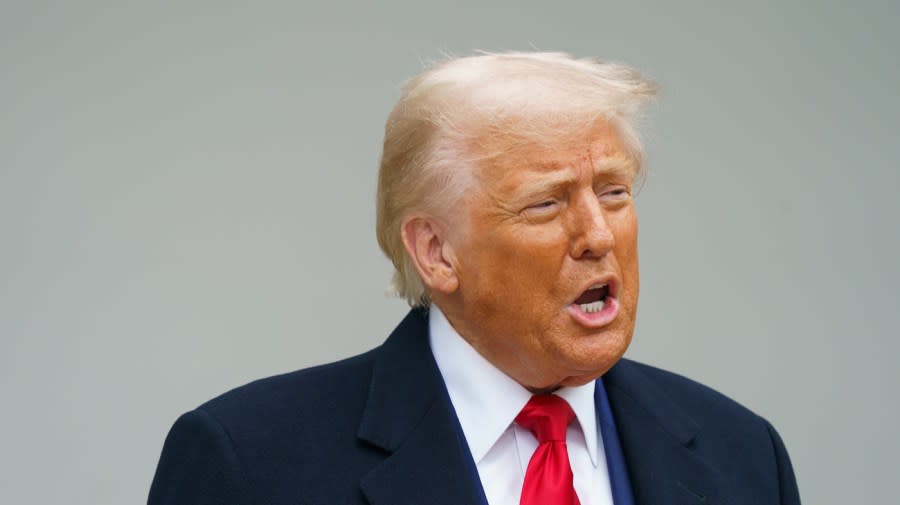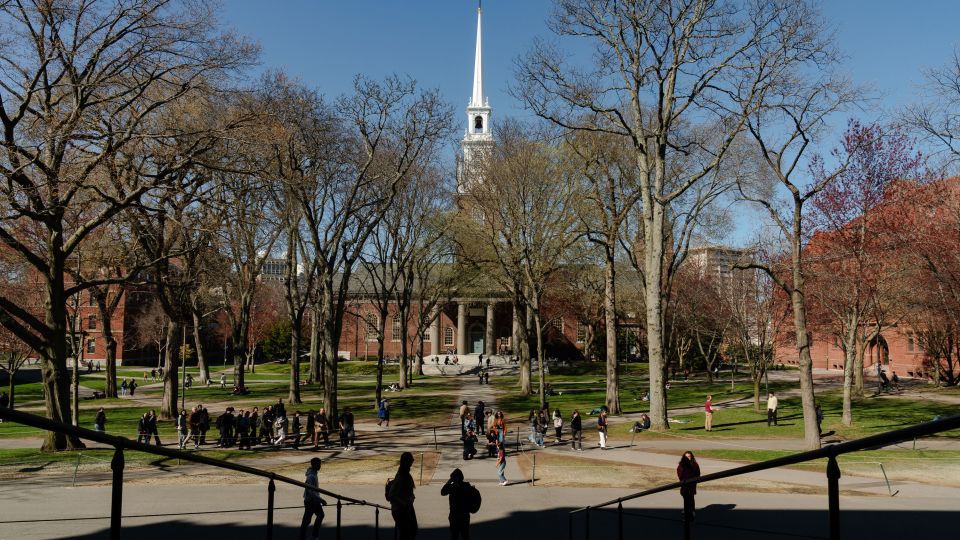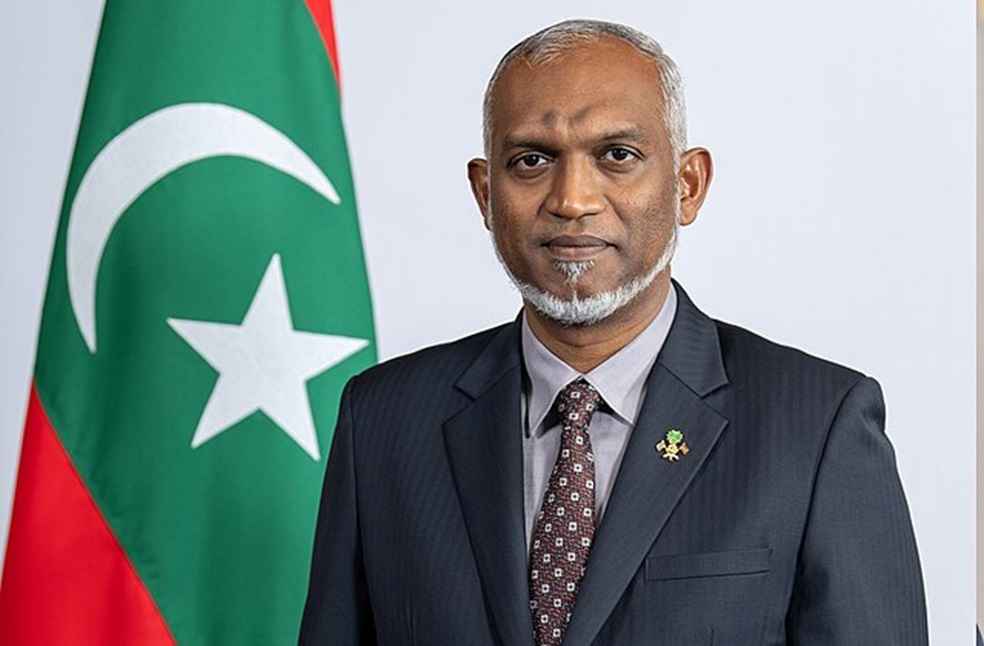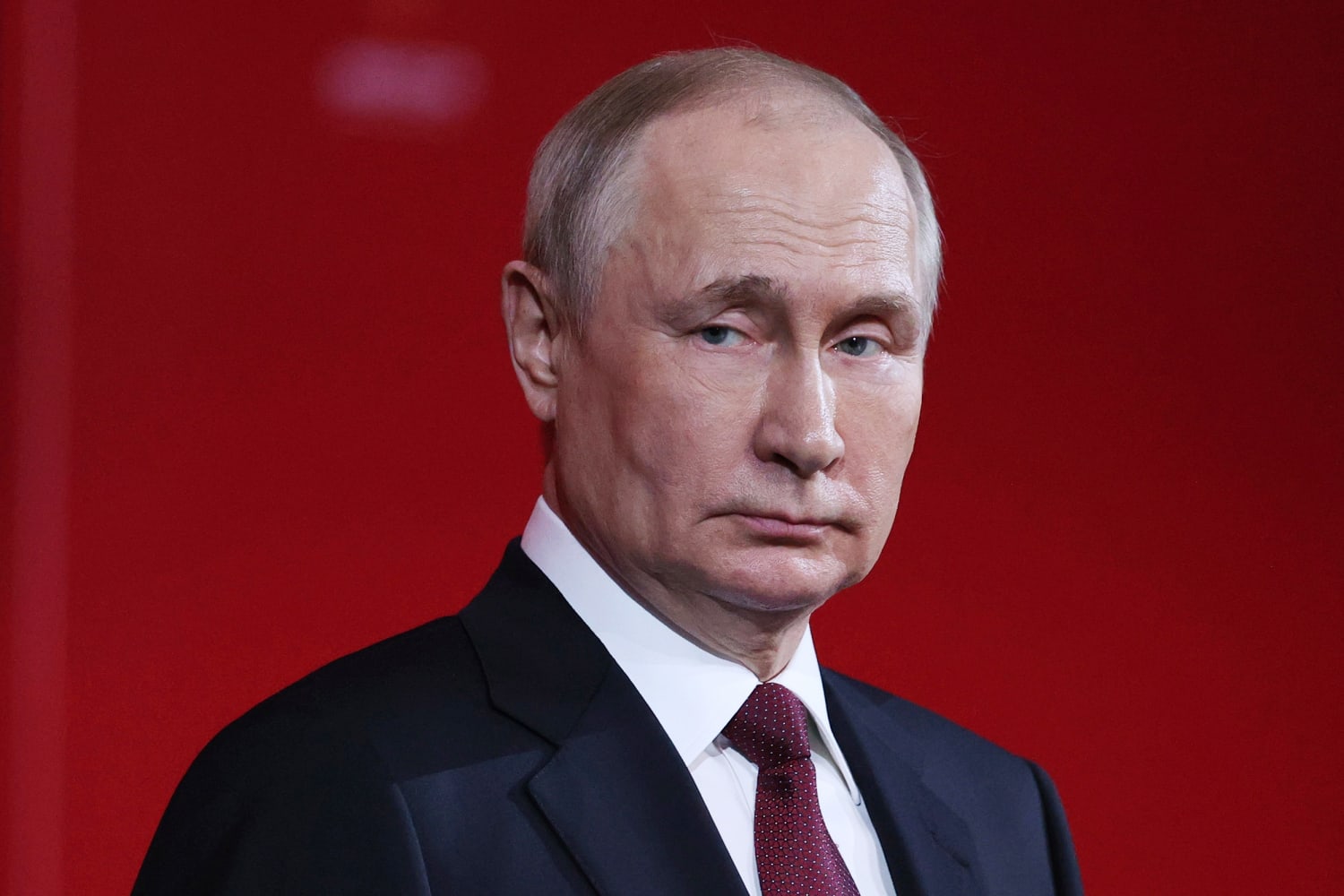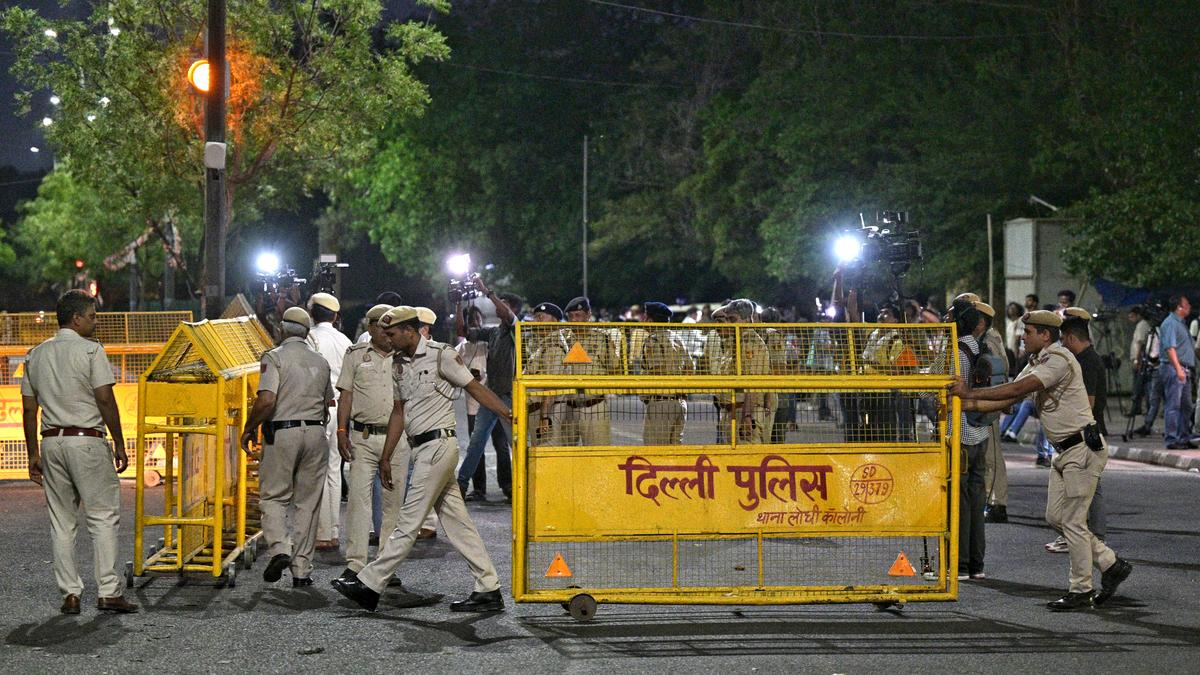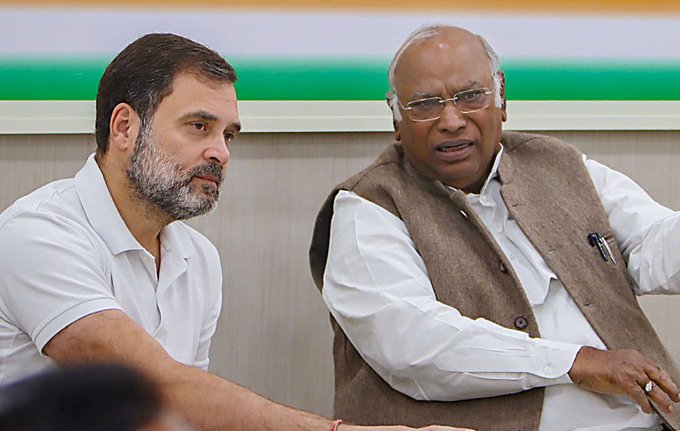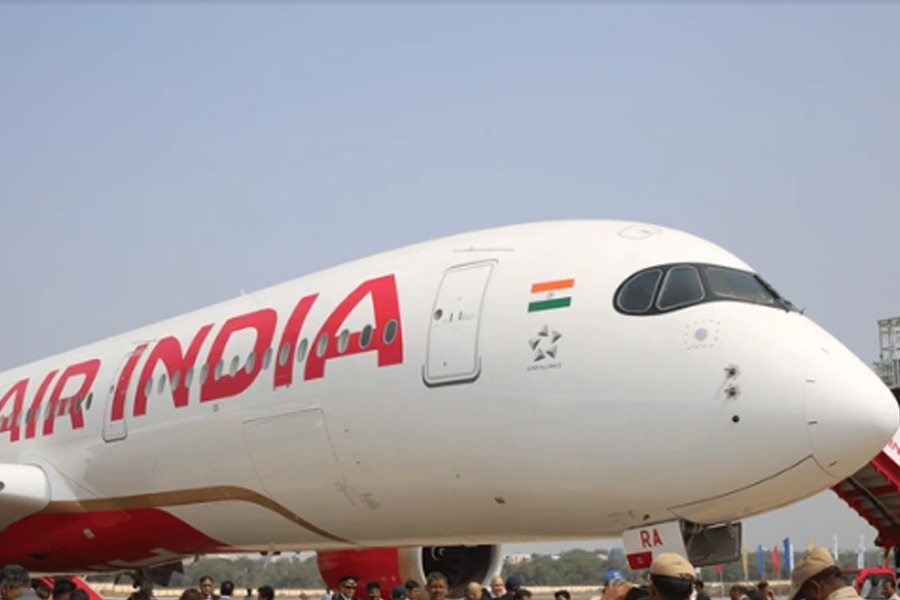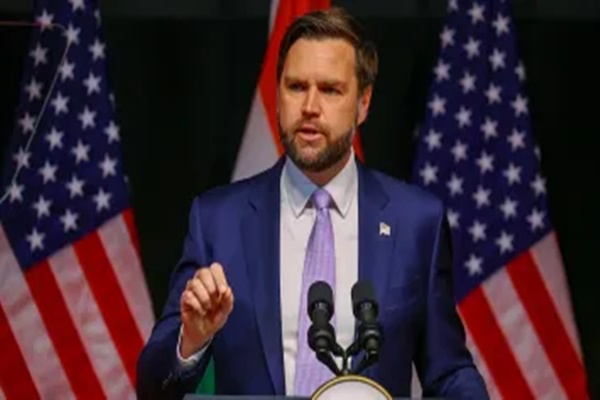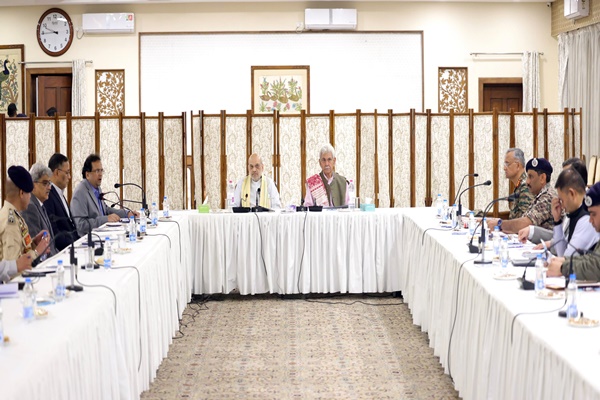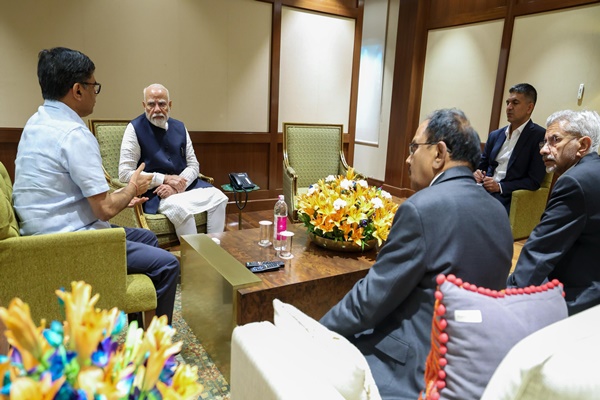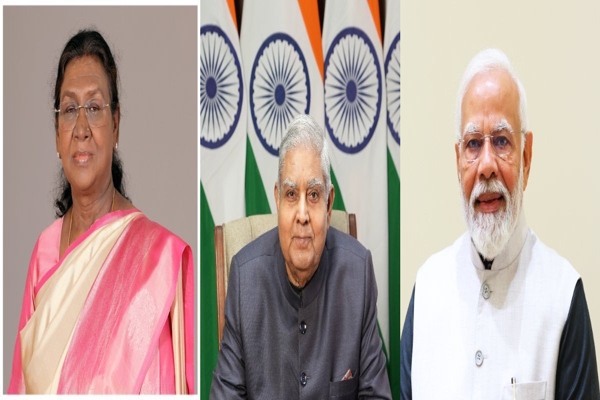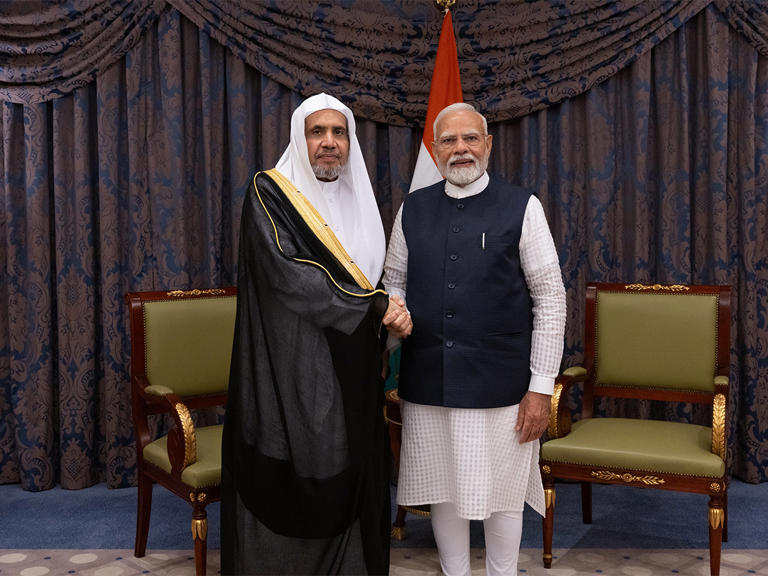Hindi-Chini Bhai Bhai only way out: Dalai Lama on India-China Doklam standoff
Wed 09 Aug 2017, 15:29:24
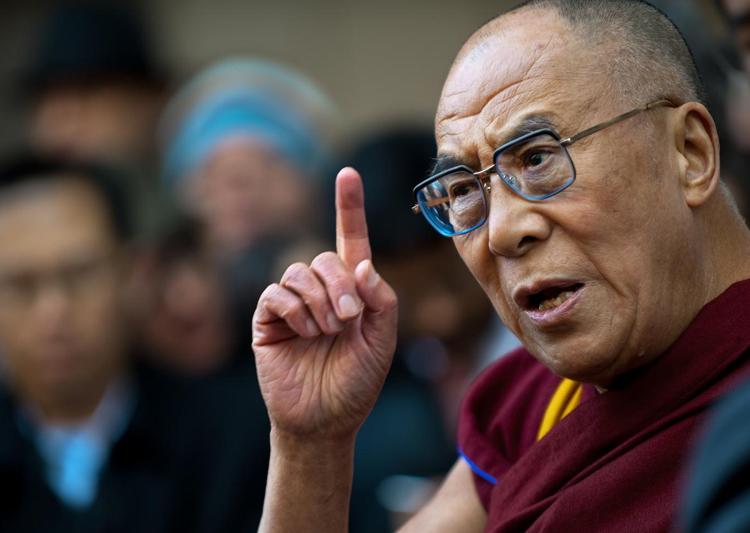
Two big nations like India and China must live side by side and the only way they can do that is by establishing a connection of friendship, brotherhood.
That is the message that the Dalai Lama had for India and China, who are currently locked in a near two-month-long standoff on the Doklam plateau. The two nuclear-armed nations may exchange "harsh words" but the spirit of "Hindi Chini Bhai Bhai" is the only way forward, the spiritual leader added.
Continuing, the Dalai Lama said, "I do not think it [the Doklam standoff] is very serious. India and China have to live side by side." "Even in 1962, Chinese forces which reached Bomdilla, eventually withdrew. India and China have to live side by side," he added while speaking at the Rajendra Mathur Memorial Lecture organised by the Editors Guild of India
The Tibetan spiritual leader, a bitter foe of Beijing, was speaking at an event in New Delhi. The Dalai Lama has been in India for more than ten decades, having fled Tibet, his birthplace that is claimed by China, during the 1959 uprising.
The Dalai Lama also spoke about other matters relating to China, including the form of governance it should follow. "Our small Tibetan community fully practices democracy and I am an admirer of democracy," the Dalai Lama said. "Eventually, as per wishes of Chinese people, Communist Party of China may follow our practice (democracy)."
Continuing in a similar vein, the spiritual leader said that he enjoys the fact that there is freedom in India. "There is freedom in this country, I
can do more and have more opportunity to share. Where there is no freedom, I don't like: The 14th Dalai Lama," the Dalai Lama said.
can do more and have more opportunity to share. Where there is no freedom, I don't like: The 14th Dalai Lama," the Dalai Lama said.
WAR SPECULATION
On speculations of a war between India and China, the Dalai Lama said that media was to blame for the sharp rhetoric.
The military standoff in Doklam, which is nearing the two-month mark, has been marked by a relentless barrage of rhetoric-laden articles and commentary in Chinese media.
State-run publications have repeatedly criticised India and its stand on the Doklam crisis and the more hawkish among them, such as the Global Times, have even threatened that the conflict could escalate into a full-blown war if New Delhi does not heed Beijing's warnings.
The face-off began mid-June after Indian troops stopped the Chinese Army from building a road in the Doklam area, which is near the Sikkim section of the India-China border.
India blamed China for trying to alter the status quo and attempting to move the India-China-Bhutan tri-junction point to the south. Beijing, on the other hand, has slammed New Delhi for what it says is Indian troops transgressing into Chinese territory.
The area, in fact, is disputed between China and Bhutan.
The Chinese have demanded that Indian troops withdraw from Doklam unconditionally. Talks between India and China cannot happen until then, officials have said. However, India, which had proposed a simultaneous withdrawal of troops, has indicated that diplomatic parlays are on to defuse the crisis.
No Comments For This Post, Be first to write a Comment.
Most viewed from International
Most viewed from World
AIMIM News
Latest Urdu News
Most Viewed
May 26, 2020
Do you think Canada-India relations will improve under New PM Mark Carney?
Latest Videos View All
Like Us
Home
About Us
Advertise With Us
All Polls
Epaper Archives
Privacy Policy
Contact Us
Download Etemaad App
© 2025 Etemaad Daily News, All Rights Reserved.


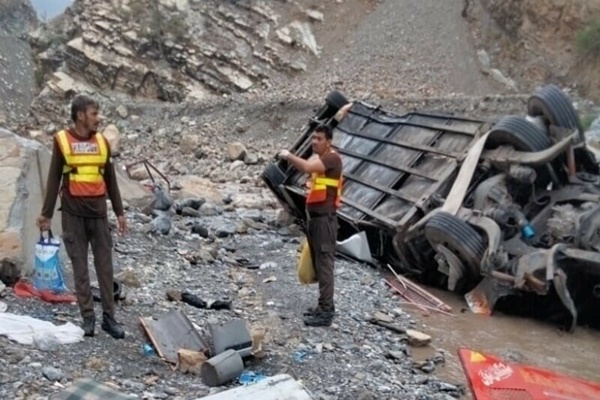

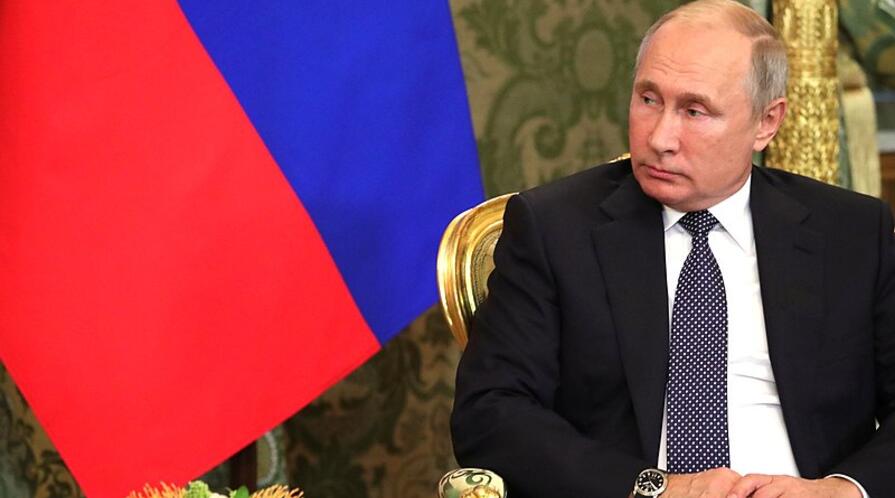
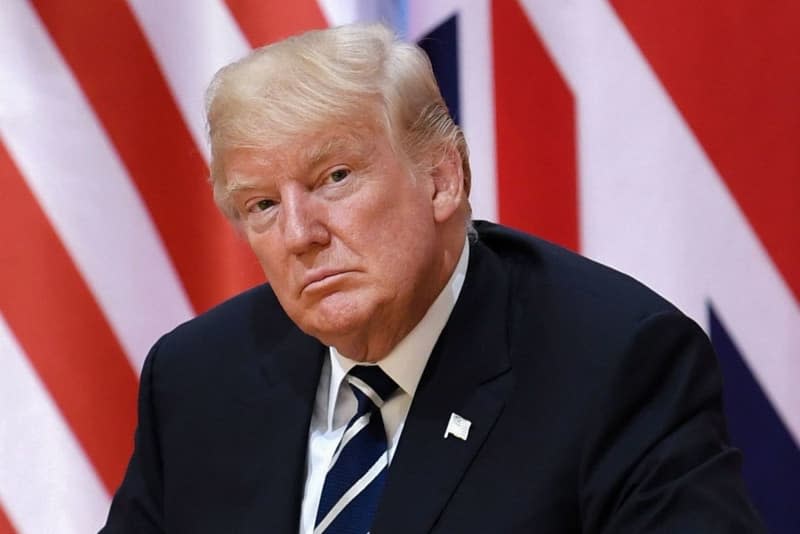
.jpg)
